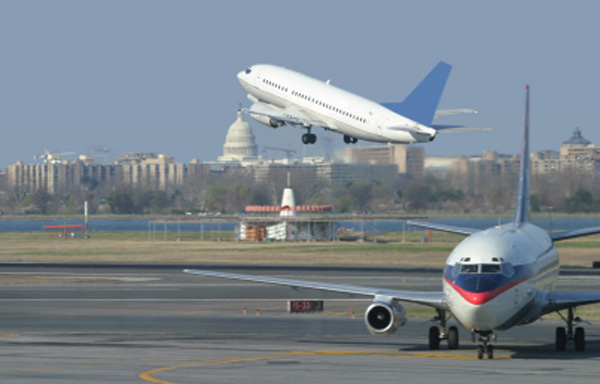Today, we continue our series that highlights procurement’s (and the chief procurement officer’s) evolving influence within the greater enterprise. Each of these articles will tackle a business function or enterprise category that is actively progressing their strategies and general corporate outlook as a direct result of the procurement unit’s influence, processes and recommendations. In our first article, we looked at procurement’s convergence with finance. Today’s article will discuss procurement’s evolving influence on business travel.
Business travel is often considered an unfortunate (yet, significant) cost of conducting business on a global scale. To be considered a player in the global marketplace and to foster meaningful relationships with customers and clients, corporate executives must frequently become globetrotters and travel the business world.
Ardent’s research pegs the business travel category as one of the top five indirect spend categories within the average company, often comprising a significant portion of an enterprise’s overall corporate budget. During the economic crisis of the late 2000s, business travelers saw their budgets cut yet, were forced to drive the same level of activity as in the past without the same amount of travel. While travel budgets, by and large, bounced back during the economic recovery period (those enterprises that were able to recover quickly after the downturn understood the relative importance of business travel), something was different than it was in the past: procurement’s touch could be felt more firmly within the category.
Today, leading Chief Procurement Officers and their procurement teams are actively, and positively, influencing superior management of business travel, by doing the following:
- Increasing the utilization of analytics and business intelligence. Any procurement professional will point to the advent of spend analytics as a main contributor to its ability to drive more spend under management. Analytics remain a major tool to gain a better perspective on business travel spending and the capability to highlight suppliers that are ripe for negotiation. In fact, more and more enterprises are realizing the value of applying analytics to business travel management and leveraging it in their sourcing processes.
- Understanding the ramifications of travel spending across the enterprise. Procurement’s handle on corporate spend management is critical in helping the greater organization in understanding the results of its spending habits on other key areas and program objectives. In past, pre-recession times, executives did not have the greatest control over business travel spending; multiple units and employees (i.e. admin, sales, marketing, etc.) were able to travel without much spend restriction. As procurement’s influence gained hold during the recovery period, those tasked with managing business travel were able to better understand how “maverick” spending on this category could affect the greater organization in a negative manner.
- Leveraging a stronger business mindset to make better financial decisions regarding business travel. Procurement and finance often go hand-in-hand (much talk here at CPO Rising focuses on the CPO-CFO relationship), so it is no surprise to see business travel management seep into greater corporate financial planning, budgeting and forecasting. Like many indirect spend categories, business travel entails a significant portion of an enterprise’s budget; by leveraging procurement’s sharp business mindset, executives are planning / forecasting in a superior manner to understand how business travel will affect the future of the organization and taking the necessary steps to scale back if needed.
RELATED ARTICLES
Procurement’s Evolution, Part I: Convergence with Finance
Corporate Convergence: Finance and Procurement
Digging into the Data: Big Data’s Emergence into Travel and Expense Management
A Collaborative Approach to Event Management
A Modern View of Supply Management… and a Look into the Future

